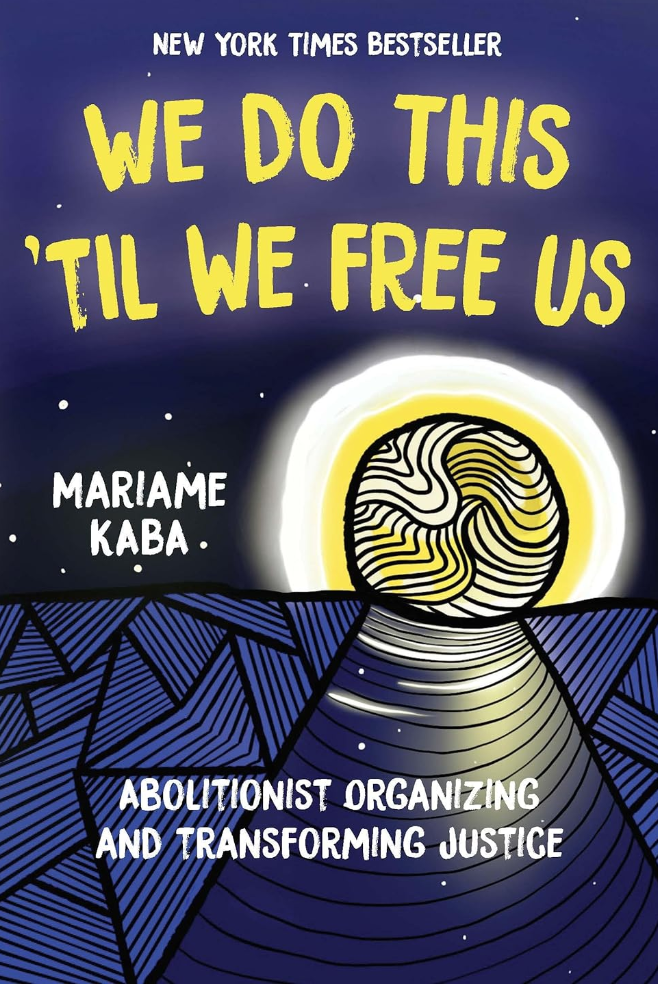In this book, the author, Mariame Kaba speaks about seeking justice beyond the punishment system, transforming how we deal with harm and accountability, and finding hope in the collective struggle for abolition.
Justice Beyond the Punishment Paradigm (JBPP) is an initiative that seeks to end punishment and incarceration as the dominant response to violent offenses. They aim to promote prevention, safety, accountability, healing, and repair. Focusing on survivors and their communities. Persistent punishment does little to prevent violence. It denies the capacity for transformation and furthers policies of racist criminalization and exclusion. This is what is called the transformative political struggle.
Inflicting retributive punishment on wrongdoers is central to our sense of justice. The focus on punishment is clearly illustrated in the large and growing prison population in the United States. Relying solely on punishment (and prison) as a means of achieving justice, however, raises a number of societal problems.
Abolitionists believe that crime is mainly a consequence of the structure of society. They devote themselves to a community change approach. They drastically limit the role of the criminal (in) justice systems and, they advocate public solutions to public problems – greater resources and sources for people. Modern abolitionists see it as a mission to provide the models of community safety, security, and harm reduction that are needed to do political education, relationship-building, and movement work to bring others into demanding transformative economic and social change.
Abolitionists believe that incarceration harms society more than it helps. They don’t stop at the prison walls, they aim to reshape society as a whole.
This book gives us a glimpse of Kaba, becoming an abolitionist, cultivating ways to reduce violence, hold pain, and support and care. Kaba gives us the invitation to our future world, one where everyone has their needs met, where black women are free, and therefore everyone is free. Where human disposability is unimaginable.
There are no life hacks to revolution, “making a revolution is not a series of clever maneuvers or tactics but a process that can and must transform us.” (Robin D.G.Kelley, 2017).
Mariame Kaba shows us that abolition is beautiful and it is what we do til’ we free us.
“Nothing that we do that is worthwhile is done alone.” (Mariame Kaba).
